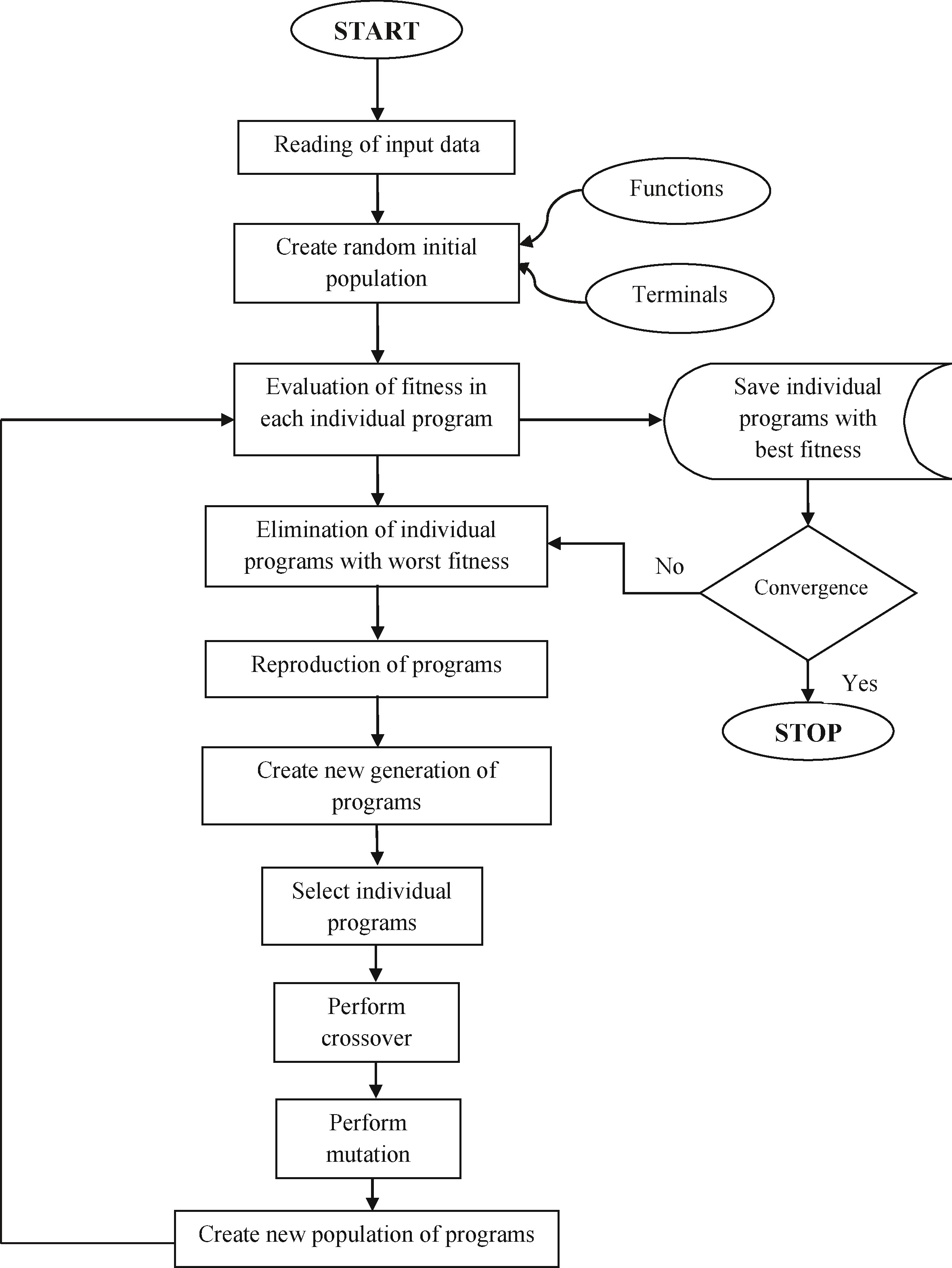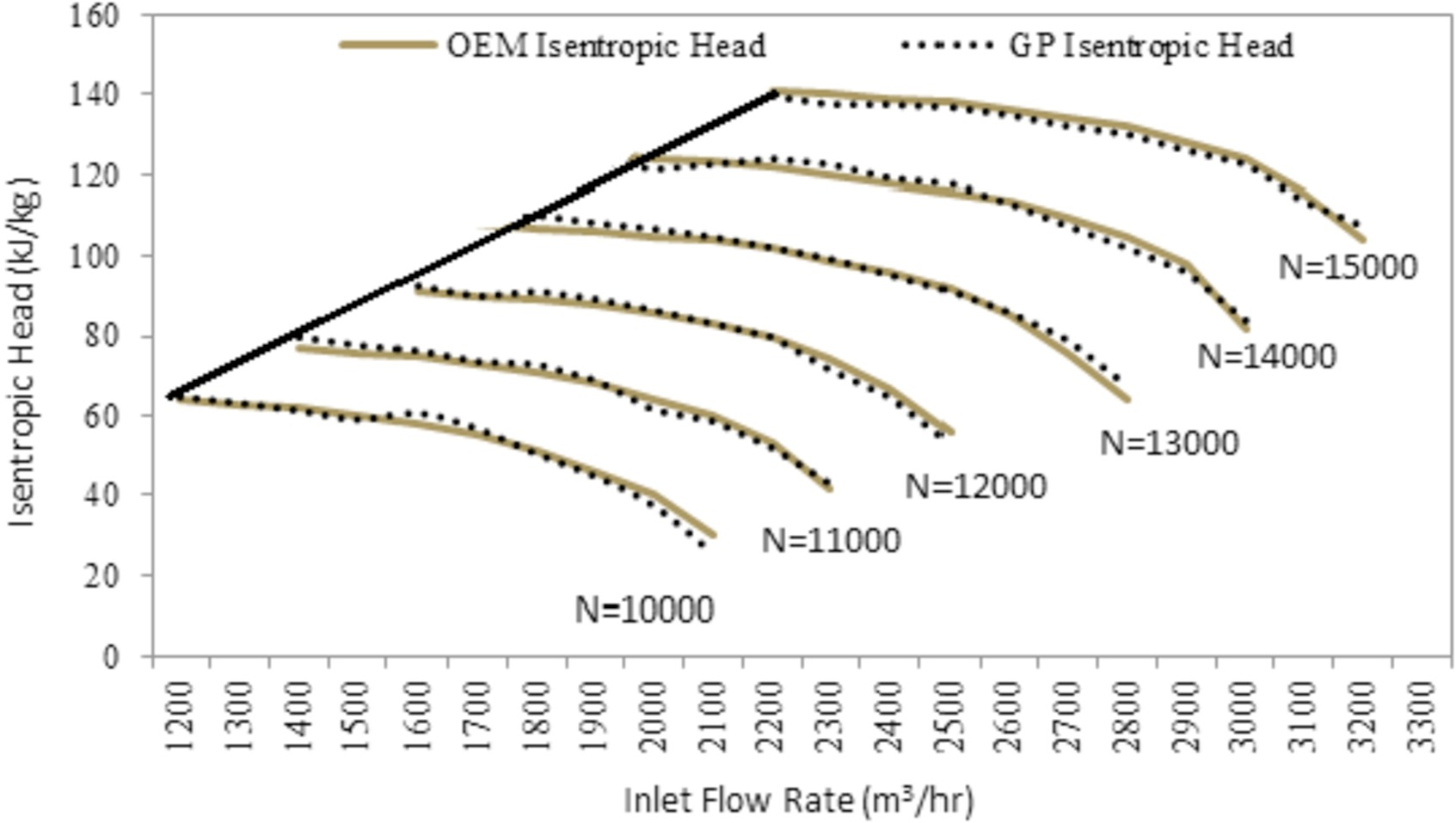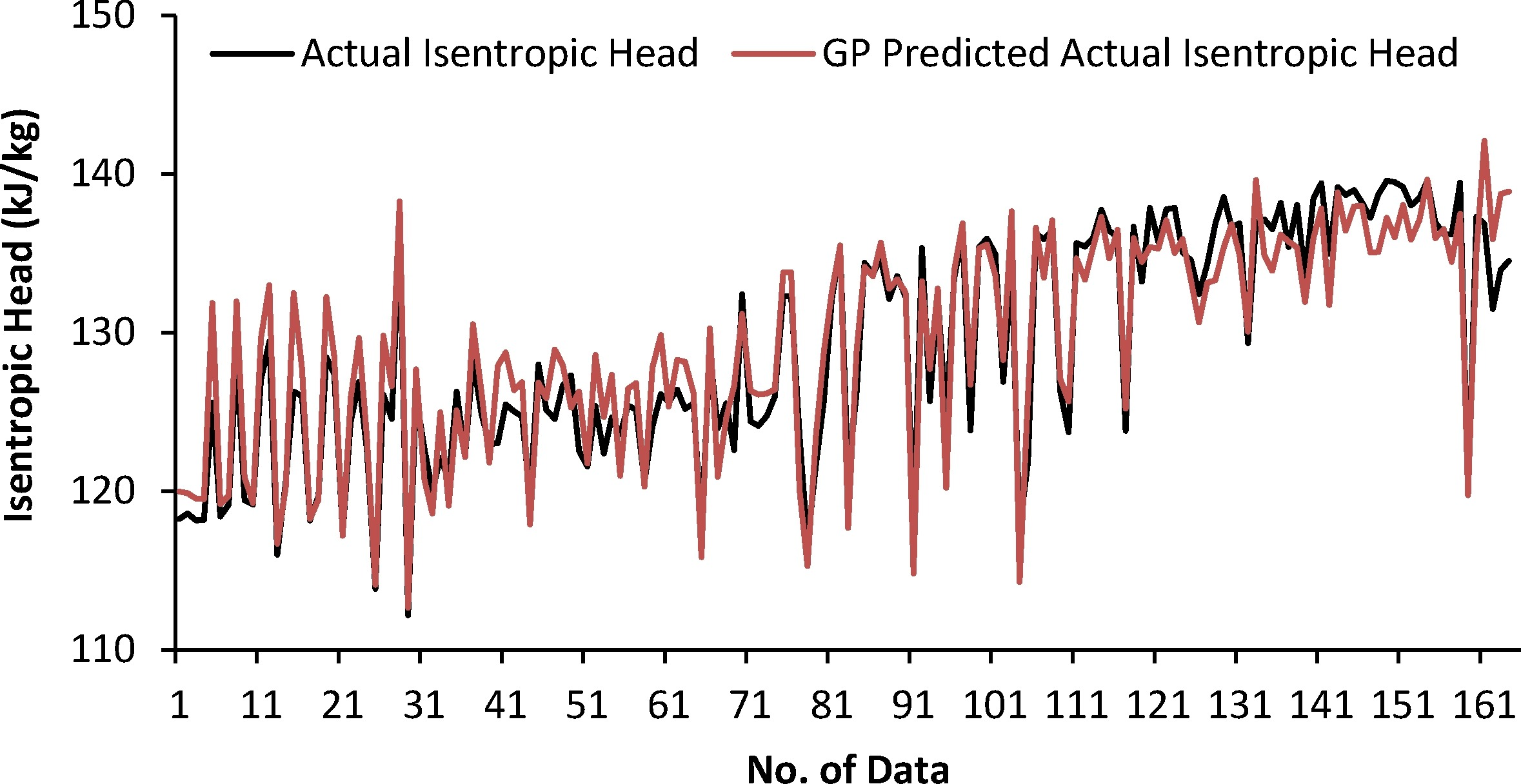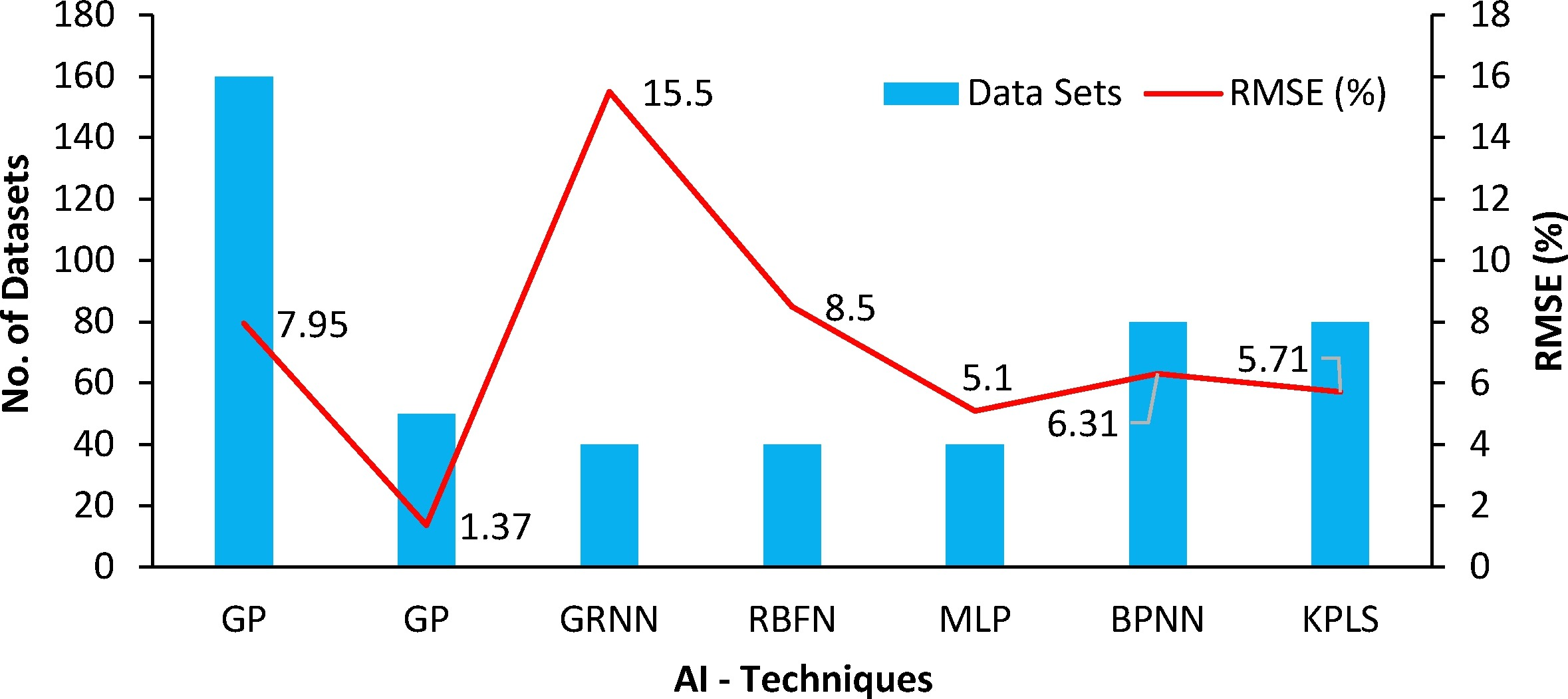Prediction on performance degradation and maintenance of centrifugal gas compressors using genetic programming
Author: Shaharin Anwar Sulaiman - September 2018
Abstract
In oil and gas industry, the performance prediction of gas compressors is approaching criticality. Usually, maintenance engineers rely on recommendations set by the original equipment manufacturer (OEM) for maintenance activities. Since compressors are operated in offshore conditions, OEM recommendations may over predict or under predict the maintenance schedule. An improper verdict on compressor maintenance interventions may increase the equipment downtime because of unavailability of the resources and poor readiness of the spare parts. The aim of the presented research was to develop a diagnostic model for gas compressors by using the genetic programming (GP). The OEM isentropic and actual isentropic heads were compared, and the maintenance activity of a gas compressor was predicted by calculating the performance degradation. The computational codes were developed separately for OEM isentropic and actual isentropic heads through GP. Hereinafter, the empirical equations were derived from the developed computational codes to predict the optimum time for the routine maintenance. For rotational speed between the tested regions, GP predicted 92% accurate interpolation between the curves. It reveals that using the developed GP model, the operators can accurately predict the compressor's health and plan ahead the equipment maintenance at any time.
Methodology
During an evolution process, three basic genetic operators generate millions of computer programs. These operators are called crossover, mutation and reproduction. A strategy must be adopted to kill the programs evolving with worst fitness. The population is then filled with the surviving programs (computer programs with the best fitness). In the presented model, a crossover operator involved the selection of two programs from the entire population. A random selection was made for one or more lines within each of these programs. New offspring programs were generated by swapping of the lines between the parent programs. The details of the crossover operator are provided in Table 1. Two offspring programs are produced when swapping takes place between lines 2 and 3 from parent program 1 and lines 7 and 8 of parent program 2. Even though the code line was swapped between the two parents, homologous crossover maintains the position of the swapped code line in the two parent programs.
Impact & Benefits
Early Detection of Performance Degradation: Genetic programming algorithms can analyze historical data and identify patterns indicative of performance degradation in gas compressors. By detecting these patterns early, maintenance can be scheduled proactively, minimizing downtime and preventing unexpected failures.
Optimized Maintenance Scheduling: By predicting when performance degradation is likely to occur, maintenance activities can be scheduled at optimal times, reducing the need for emergency repairs and maximizing the lifespan of the compressor components. This can lead to cost savings and improved operational efficiency.
Increased Equipment Reliability: Predictive models developed using genetic programming can provide insights into the factors that contribute to performance degradation in gas compressors. By addressing these factors preemptively, operators can improve the reliability of their equipment and reduce the likelihood of unplanned outages.
Resource Optimization: Predictive maintenance allows operators to allocate resources more efficiently by focusing on components that are most likely to experience degradation. This can help streamline maintenance operations and reduce unnecessary expenditures on parts and labor.
Market Potential
Industry Demand: Industries such as oil and gas, petrochemical, power generation, and manufacturing rely heavily on centrifugal gas compressors for various processes. These industries have a high demand for technologies that can predict and prevent compressor failures, as unplanned downtime can result in substantial financial losses.
Increasing Adoption of Predictive Maintenance: Predictive maintenance approaches, including predictive analytics and machine learning techniques like genetic programming, are gaining traction across industries. Companies are recognizing the benefits of transitioning from reactive and preventive maintenance to predictive maintenance, driving the demand for advanced predictive analytics solutions.
Cost Savings: Predictive maintenance can result in significant cost savings by reducing unplanned downtime, minimizing maintenance costs, and optimizing equipment performance. As companies strive to improve their operational efficiency and bottom line, they are increasingly investing in predictive maintenance technologies.
Regulatory Compliance: Industries are subject to strict regulations regarding equipment reliability, safety, and environmental impact. Predictive maintenance can help companies comply with these regulations by ensuring the reliability and safety of their equipment, thereby reducing the risk of accidents, emissions, and environmental incidents.



